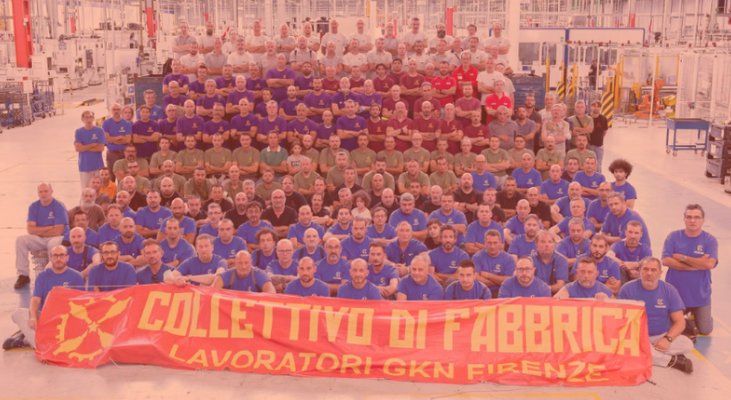Arguably the most dramatic economic shift of our time was the Reagan-Thatcher neoliberal revolution of the 1980s, that put an end to the largest period of continuous economic growth in history after World War II. In its aftermath, inequality rose to levels not seen since the 1920s, economic growth became anaemic, and industrial production moved elsewhere.
But the most destructive element of that cultural and economic revolution was the retreat of left-wing parties, that ended up compromising with neoliberalism for the sake of their immediate survival, rather than defending the traditional values of the left (a strong social contract, public infrastructure, strong labour and consumer protections, and reigning in corporate power).
Politicians like Tony Blair, Gerhard Schroeder and Bill Clinton put forward political reforms that would have been deemed too radical in the 1940s up to the 1970s, even on the right. Their nominally-left parties deregulated the financial system, slashed public investment, eliminated taxes on the rich and privatised whole chunks of the state while overturning labour, consumer, and environmental regulations. In the end, there was little difference between traditional left-wing and right-wing parties, except for a few social and lifestyle issues.
The effects of this lack of political diversity on the economy are plain to see. The world fell into its worst economic crisis since the Great Depression, banks failed spectacularly and had to be bailed out by taxpayers, inequality went through the roof, public services degraded, and labour relations became precarious. Even the subsequent economic recovery was based on low wages for labour and huge profits for a handful of global companies.
The electorate reacted very rationally to this lack of alternative proposals from the left. If left-wing parties were adopting right-wing policies, the thinking went, they might as well go for the ‘genuine article’. And so the European People’s Party became the dominant force in Europe, as did the Republican party in the US. Meanwhile, some voters began to seek alternatives elsewhere, like on the extreme right with parties like France’s National Front, Germany’s AfD, the UK’s UKIP, and the Alt-Right and Tea Party movements in the US, to name but a few.
As the nefarious effects of neoliberalism became clear, and as right-wing populism started to show its true colours and inner contradictions, a political opening appeared for real left-wing parties that want a return to more egalitarian economic policies, a financial system kept in check, a greater share of the wealth given to labour, and true democratic transnational institutions to regulate international trade and economic activity. While the ‘false left’ keeps racking up one defeat after the next – in Germany, Spain, Greece, the US, and the Netherlands – and with many traditional socialist and labour parties on the verge of extinction, the back-to-basics left keeps beating expectations. Politicians like Jeremy Corbyn in the UK, Bernie Sanders in the US and Antonio Costa in Portugal have defied the common wisdom that only the centre can have electoral success (a center that has dramatically shifted right over the last 40 years).
At European level, a new political entity has been stirring up a serious debate on the future of Europe and the economy. DiEM25 has been sowing the seeds for a rebirth of the same European ideals that proved so successful in the past. Rather than fighting neoliberalism with nationalism and isolationism, we propose a reconstruction of Europe’s synergies and solidarity around strong democratic institutions that can’t be easily co-opted by the same corporate lobbies that have defaced Europe, and which resulted in Jose Manuel Barroso jumping from the head of the European Commission to the head of Goldman Sachs.
If European voters are not given true alternatives in the democratic system, they will seek them elsewhere. DiEM25 seeks to prove that true democratic control of European policies, that bypasses non-democratic institutions like the Eurogroup, the European Commission or the European Council, is the only hope for Europe, if it wants to preserve its prosperity, stability, and freedom.
José Luis Malaquias is a DiEM25 member and a Physics engineer based in Portugal.
Do you want to be informed of DiEM25's actions? Sign up here















